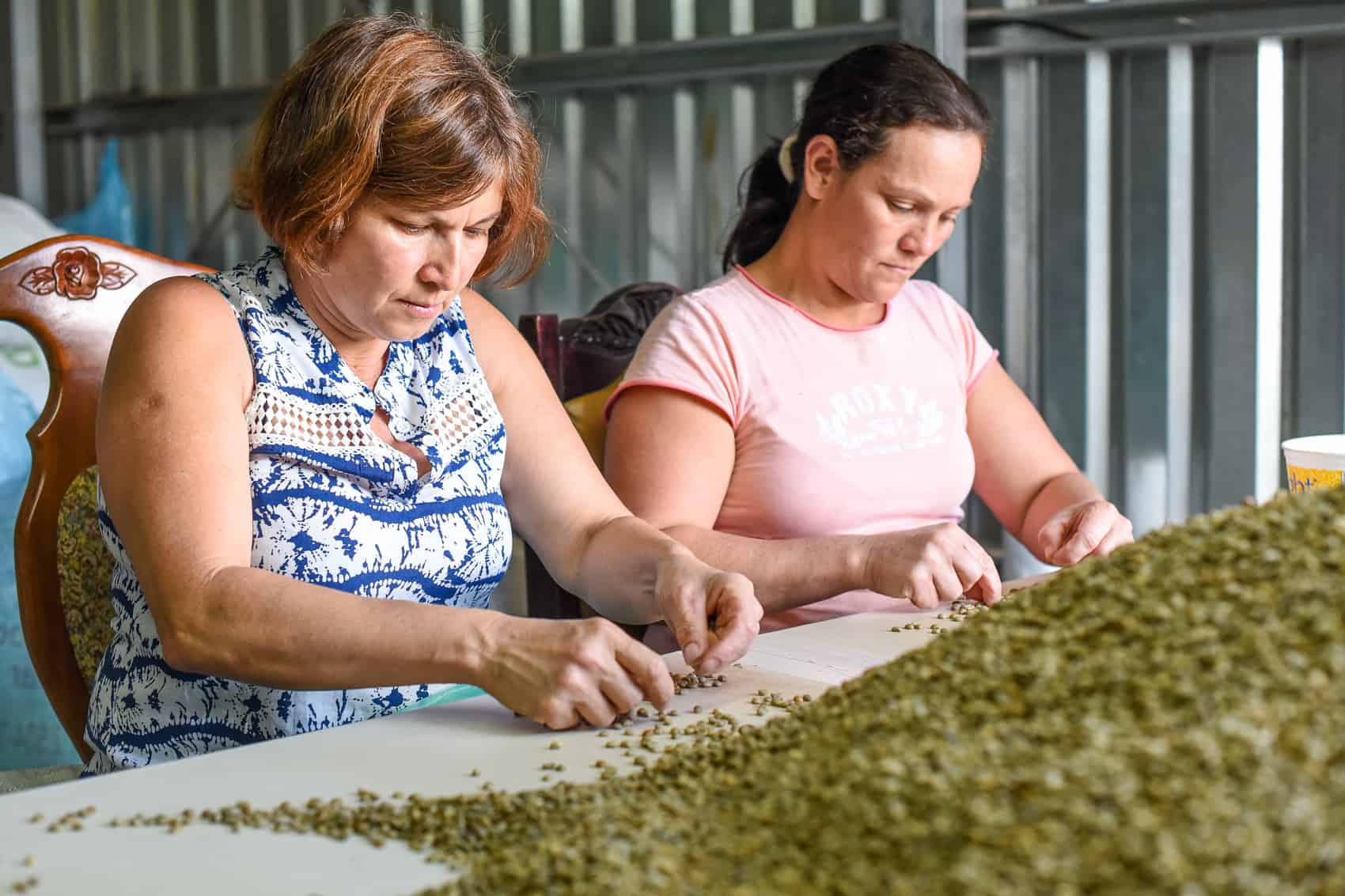Costa Rica improved its situation regarding forced labor in the country although it still persists in various sectors, said Friday the United Nations special rapporteur on new forms of slavery, Tomoya Obokata.
“I identified indicators of forced labor in several employers in various sectors such as agriculture, domestic work, services, transportation or construction,” Obokata said during the preliminary presentation of his report.
The reporter added that among the indicators detected are “long working hours without enough time to go to the bathroom or eat, low wages, harassment or violence, including of a sexual nature, and unhealthy workplaces”.
The expert visited Costa Rica for nine days and met with representatives from all sectors of the country.
Obokata highlighted Costa Rica’s progress in implementing legal frameworks for the defense of workers that incorporate international human and labor rights instruments.
Among them, the increase in the minimum age to 15 years to start working and the increase to 17 years of compulsory education.
However, the reporter pointed out that the creation of laws often does not translate into their application and few victims are able to obtain institutional protection.
“I realized that the legal and institutional frameworks on this are solid in Costa Rica, but I am concerned that only a small number of victims are identified and assisted,” said Obokata.
The UN reporter called on the Costa Rican government to work more closely with civil society organizations so that “more victims can benefit from protection systems”.
“I have found that poverty, inequality and discrimination are among the main causes of new forms of slavery in Costa Rica,” said Obokata.
He also mentioned the situation of migrants in Costa Rica in recent times, mainly Nicaraguans and Venezuelans fleeing political, economic and social crises in their respective countries.
“I am aware that the risk of new forms of slavery is very high among these and other vulnerable population groups,” said the rapporteur.
He mainly pointed to migrants, native peoples, Afro-descendants and those with sexual diversity, the international reporter said.






